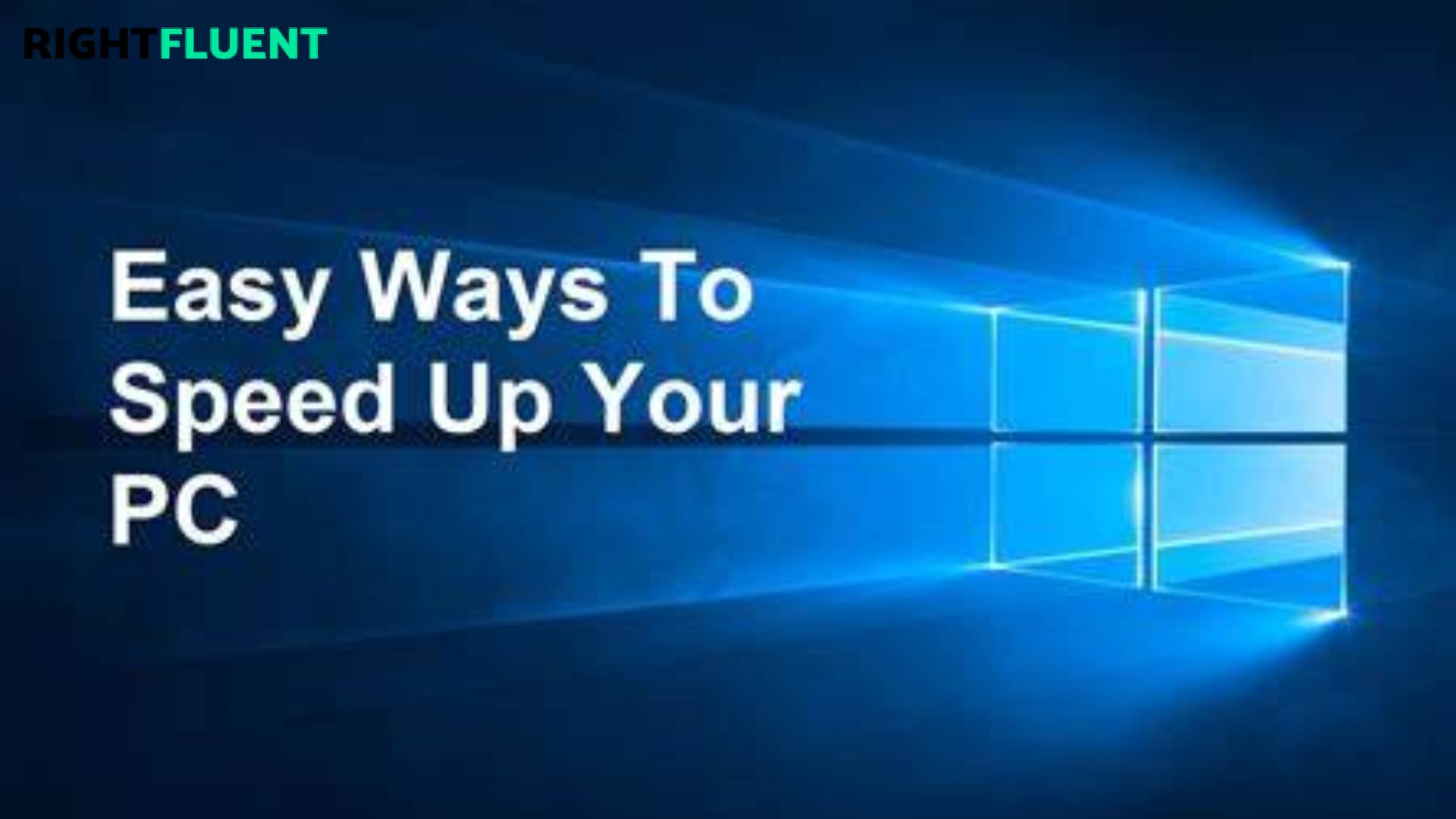Top 5 tips to Speed up Your Computer
Top 5 tips to Speed up Your Computer? For some customers, a moderate computer is a natural issue. In addition to being perplexing, it also reduces productivity. Due to the multifaceted nature of internal frameworks, it can be challenging to identify precisely what lowers your device. However, this does not necessitate continuing your struggle.

Here are five straightforward tips to Speed up your Computer
Defragment your hard drive
The more data is stored on your computer, the more uneven the data distribution becomes. As a result, fragmented data is more challenging to piece together, and this process takes longer to complete. Disk defragmentation helps to reorganize data and increase performance.
Disable background programs
A large number of concurrently running projects frequently results in a moderate PC. Without your knowledge, some of them could be moved out of sight. Use Task Manager, which can be accessed by pressing CTRL+ALT+DEL, to check your computer’s remaining load. The Task Manager makes it simple to terminate unnecessary projects.
Don’t overload the memory
In order to function effectively, any working framework requires sufficient space. In order to help your operating system deal with the documents more effectively, make sure that at least 500 MB of free space is available. To free up even more space, void your reuse agreement, eliminate some undesirable projects, and delete temporary documents.
Check your start-up list
Your System Configuration contains a not insignificant list of projects that are implemented when a PC stacks up. The stacking time increases with the number of projects on the list. In any case, not all of them are necessary for the initial step and can be skipped. Utilizing the MSConfig, review your start-up rundown to save time.
Scan for malware and viruses
If all of the other things are considered together, you should consider the possibility of being contaminated. Some infections that run in the foundation could shut down your computer. You need to keep up with the best security practices to avoid the effects of the malware. Never give free antivirus access to sensitive information, and never assume that only one layer of security will keep you safe.
Efficiency is one of the keys to progress in our fast-paced world. Therefore, improving the presentation of your products and IT infrastructure requires standing out from competitors. Introduce your company’s tech division to experts and concentrate on essential goals. Mignet is here to help with your IT needs.
Tips to Speed up Your Computer
Change your power settings
Top 5 tips to Speed up Your Computer You’re making your computer run slower if you use Windows 10’s “Power saver” plan. In order to conserve energy, that plan slows down your computer. There is typically a “Power saver” plan for desktop computers.) You will immediately experience an improvement in performance by switching your power plan from “Power saver” to “High performance” or “Balanced.”
Simply select the power setting you want, and then exit Control Panel to change it. High performance” uses the most power but gives you the most oomph; Balanced finds a balance between reduced power consumption and improved performance, and Power Saver makes every effort to extend battery life. There is no need for desktop users to select “Power saver,” and even laptop users should think about selecting “Balanced” when unplugged and “High performance” when connected to a power source. Both of these options will speed up your computer or laptop.
Turn off tips and tricks in Windows Settings
Windows monitors what you’re doing on your Windows PC or laptop and provides suggestions for how to use the operating system. These “tips” have never, Top 5 tips to Speed up Your Computer if ever, been helpful to me. Windows’s constant virtual surveillance over my shoulder also violates my privacy.
Windows monitoring your activities and giving you advice can also slow down your computer. Therefore, if you want things to move more quickly, tell Windows to stop giving you advice. To do this, select Settings from the Start menu, then go to System > Notifications & actions. Uncheck the box labeled “Get tips, tricks, and suggestions as you use Windows” in the Notifications section.


